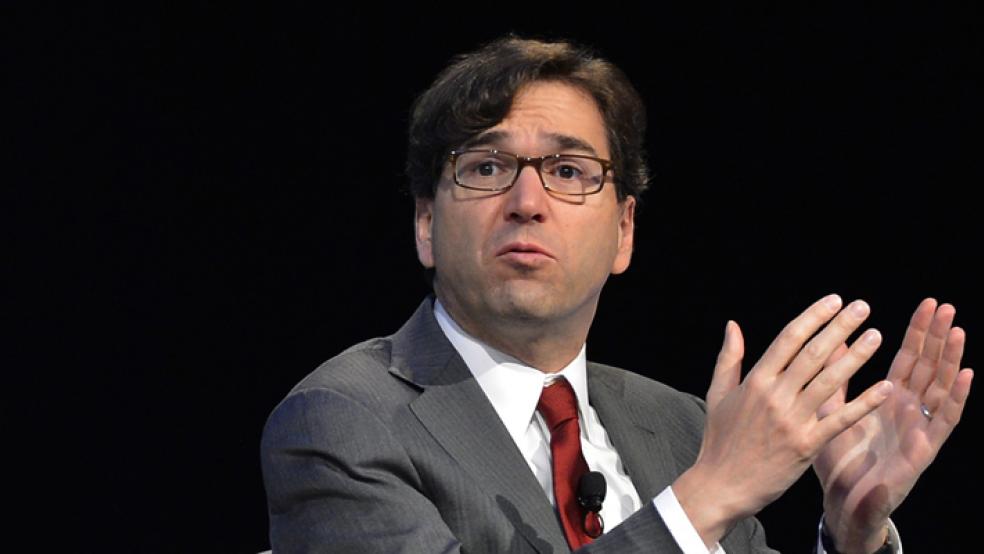President Obama’s top economic adviser said Tuesday that the administration’s response to the financial crisis had averted an outcome worse that the Great Depression, and suggested that lawmakers’ ongoing resistance to investing in infrastructure has helped intensify the increasing economic inequality in the U.S.
Speaking at the Atlantic Economy Summit in Washington, Council of Economic Advisers Chairman Jason Furman said that the Obama administration’s initial response to the financial crisis was effective at preventing much more serious damage.
Related: DC Officials See Big Budget Problems, Small Solutions
“If you look at the amount of wealth that was wiped out at the onset of the crisis, it was about five times as large as the shock that led to the Great Depression,” said Furman. “But the outcome was completely different.”
However, he said, slower-than-usual growth in worker productivity has continued to be one of the challenges holding back the economy. Furman contrasted the high-productivity-growth years of the 1950s and 1960s with the present day, noting that massive public works projects, such as the Interstate Highway System, allowed the economy to make full use of technological innovations, such as improvements in vehicle design and the invention of synthetic rubber.
Today, he said, “Public investment and innovation could be supplementing technological innovations and increasing productivity growth.” The productivity growth that would result, he suggested, would lead to higher wages for workers, and help reduce income inequality.
AFL-CIO president Richard Trumka, who spoke on a different panel, took issue with the connection between productivity growth and wages, noting that in recent decades, “productivity has doubled and wages have stayed flat. The compact that used to exist between working people and capitalism has been shredded.”
Related: Excise Tax on Big Banks Blasted by GOP
Between Trumka and another speaker, former Federal Deposit Insurance Corp. chair Sheila Bair, there was a strong populist tone to the afternoon session of the Atlantic event. Bair, who ran the FDIC during the financial crisis, and who has become one of the loudest advocates for tougher supervision – and in some cases the break up of large financial institutions – urged the Obama administration to take concrete steps toward reducing the “public cynicism” that she said is rampant in the aftermath of the financial crisis.
Noting that there is still a vacancy on the Federal Reserve Board, Bair said that the White House has “a really prime opportunity” to appoint a dedicated reformer who believes in reining in large financial institutions. Doing so, she said, “would add diversity to the Fed and would also bolster public confidence.”
To strengthen her case, Bair pointed to the financial services industry’s recent reaction to a plan by House Ways and Means Committee Chairman Dave Camp to overhaul the tax code – a plan that includes an excise tax on financial institutions with assets over $500 billion.
Related: Liberals’ New Goal – Boost Social Security Benefits
Camp has been subject to blistering criticism from the industry, as well as from fellow politicians, many of whom receive substantial campaign contributions from the industry.
“They have tremendous political power,” Bair said. “Look what they are doing to poor Dave Camp. You can agree with that tax or not, but this is unseemly, all these bullies piling on him…At least he stepped up.”
Top Reads from The Fiscal Times




